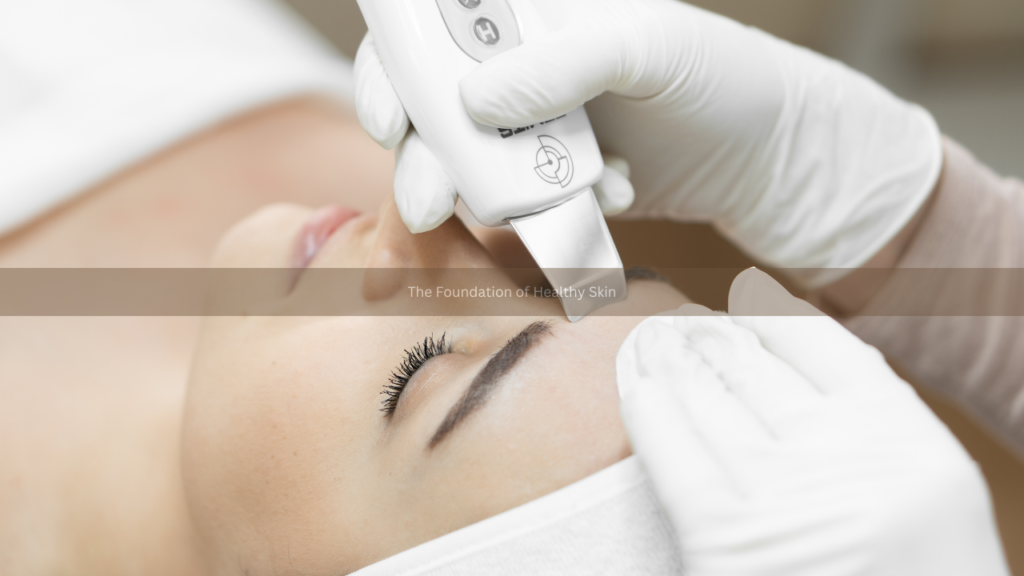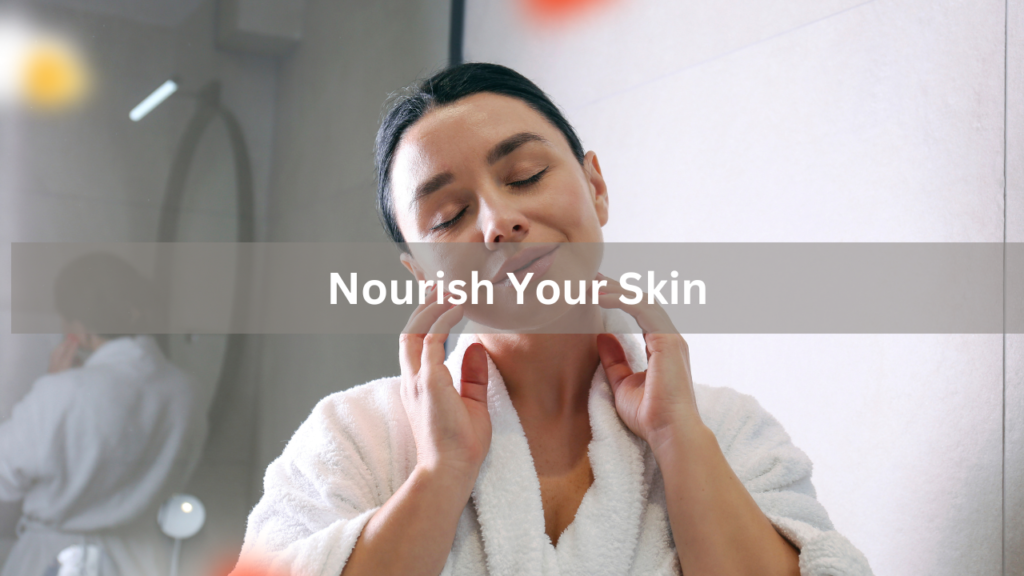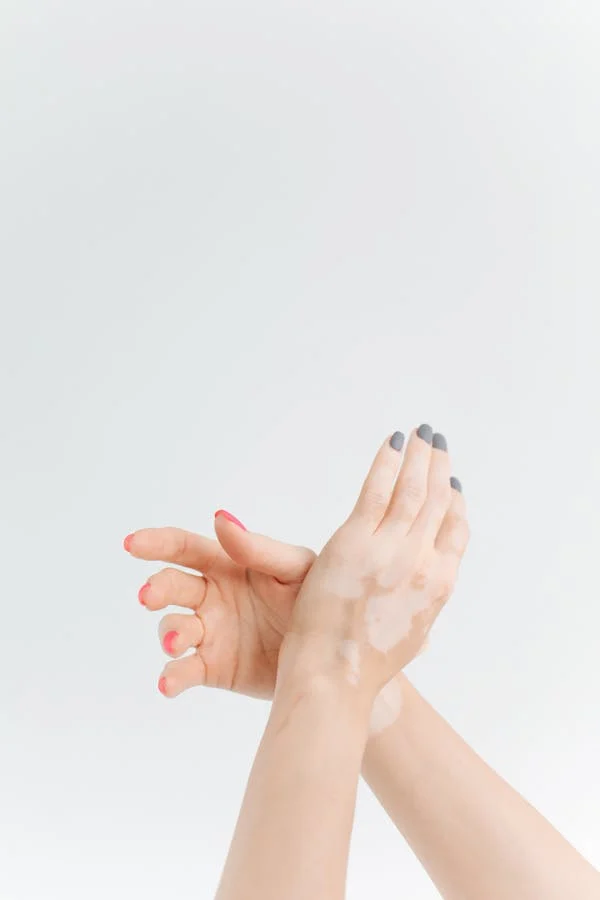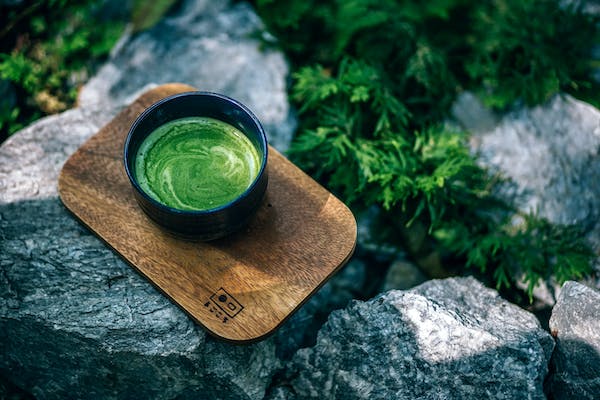
Achieving a glowing, healthy complexion doesn’t just rely on expensive creams or complicated skincare routines. In fact, one of the most effective ways to improve your skin is through your diet. What you eat can have a direct impact on the appearance and health of your skin. The right foods provide essential nutrients that nourish your skin from the inside out, giving you that sought-after glow. Here are some of the best foods that can help enhance your complexion and keep your skin looking radiant.
1. Fatty Fish: Omega-3 Powerhouse
Fatty fish such as salmon, mackerel, and sardines are loaded with omega-3 fatty acids, which are vital for maintaining healthy skin. Omega-3s help keep skin thick, supple, and moisturized. They also have anti-inflammatory properties that can reduce redness and acne while promoting healing in the skin.
Fish is also a good source of vitamin E, an important antioxidant that protects skin from free radical damage. Vitamin E works in conjunction with omega-3s to enhance skin’s elasticity and overall glow. If you’re vegetarian or vegan, flaxseeds, chia seeds, and walnuts are excellent plant-based sources of omega-3 fatty acids.
2. Avocados: A Hydration Boost
Avocados are rich in healthy fats, particularly monounsaturated fats, which are great for moisturizing and nourishing the skin. These fats help your skin maintain its lipid barrier, preventing dryness and irritation. Avocados are also packed with vitamins E and C, both of which play key roles in protecting the skin from oxidative damage and supporting collagen production.
Eating avocados regularly can lead to softer, smoother skin, while also helping to reduce inflammation that may lead to skin issues like acne or rosacea.
3. Sweet Potatoes: Vitamin A for Skin Repair
Sweet potatoes are an excellent source of beta-carotene, a plant-based compound that your body converts into vitamin A. Vitamin A is crucial for skin health, as it helps repair skin tissues and protect against sun damage. Eating foods rich in beta-carotene, like sweet potatoes, helps prevent sunburn and keeps your skin looking vibrant.
In addition to sweet potatoes, other orange and yellow vegetables like carrots, pumpkins, and bell peppers also contain high levels of beta-carotene and are great for boosting skin health.
4. Berries: Antioxidant-Rich Superfoods
Berries such as blueberries, strawberries, and raspberries are loaded with antioxidants, which help protect the skin from free radical damage. Free radicals are unstable molecules that can cause premature aging, wrinkles, and dull skin. The antioxidants found in berries neutralize these free radicals, slowing down the skin’s aging process and promoting a more youthful appearance.
The high vitamin C content in berries also aids collagen production, keeping the skin firm and resilient. Incorporating a variety of berries into your diet can help maintain a healthy glow and even out your skin tone.
5. Nuts and Seeds: A Nutrient Boost
Nuts and seeds, especially almonds, sunflower seeds, and walnuts, are packed with skin-loving nutrients like vitamin E, zinc, and selenium. Vitamin E acts as a shield against oxidative stress, while zinc plays a vital role in managing inflammation and regulating oil production. Selenium helps to maintain skin elasticity and prevent the appearance of wrinkles.
A handful of mixed nuts and seeds can go a long way in nourishing your skin and protecting it from damage. They also help in reducing inflammation and speeding up the healing process, making them ideal for those who struggle with acne or sensitive skin.
6. Green Tea: A Hydration and Detox Drink
Green tea is not only hydrating but also rich in polyphenols, which have potent anti-inflammatory and antioxidant properties. These compounds help fight inflammation, calm irritated skin, and protect against environmental damage. Green tea also contains catechins, which improve blood flow and oxygen delivery to the skin, giving you a healthier complexion.
Drinking green tea regularly can enhance skin elasticity, reduce redness, and even improve your skin’s texture over time.
Conclusion
What you put on your plate matters just as much as what you put on your skin. By incorporating foods like fatty fish, avocados, sweet potatoes, berries, and nuts into your diet, you provide your skin with the essential nutrients it needs to stay healthy and glowing. A nutrient-rich diet, combined with proper hydration and sun protection, is the key to achieving a radiant complexion that reflects your overall health and well-being.








